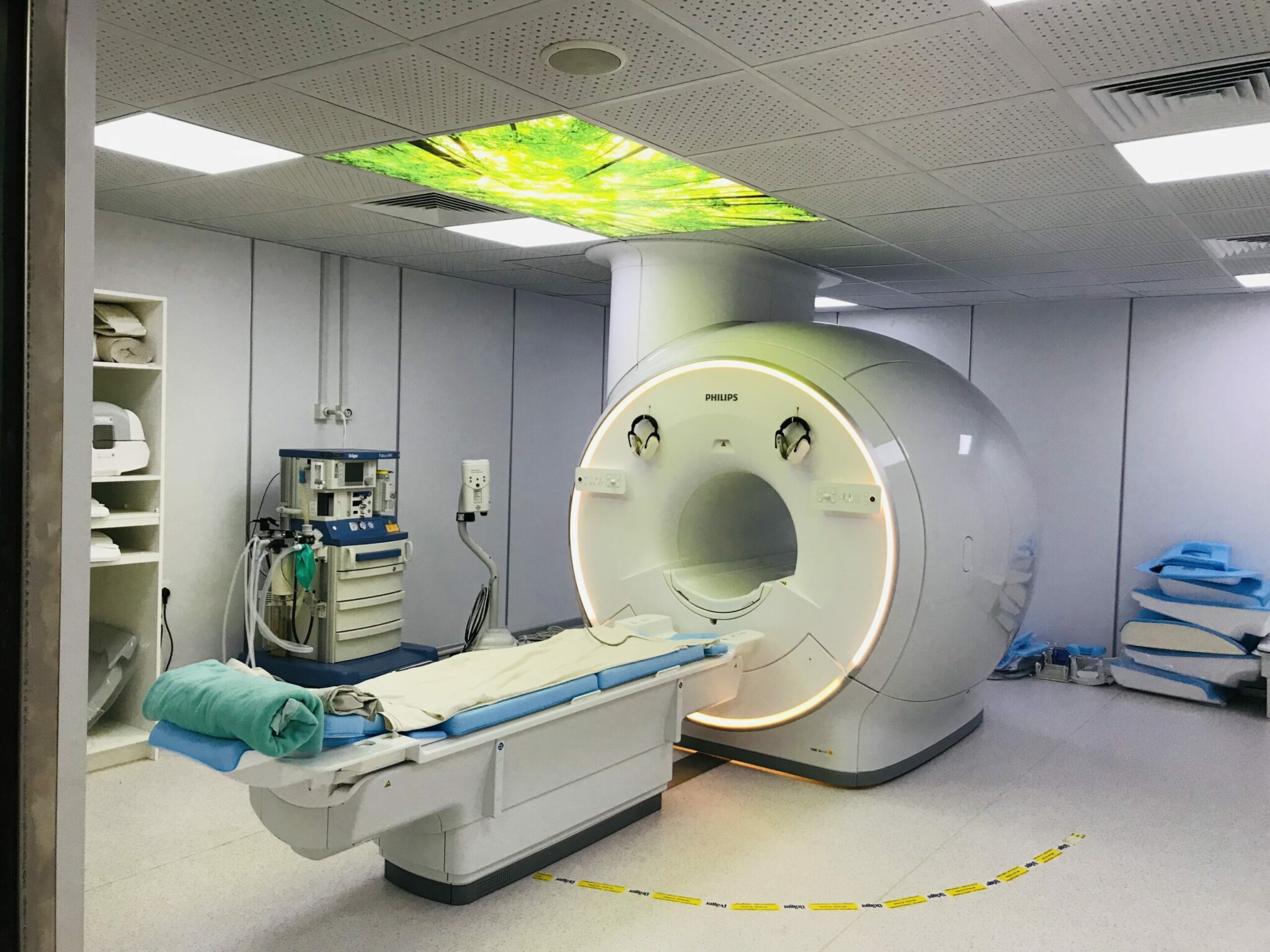Zimbabwe’s Minister of Health and Child Care, Dr Douglas Mombeshora, has acknowledged the embarrassment of commissioning the first MRI scan at Mpilo Central Hospital in Bulawayo, years after it should have been done given its importance.
During his remarks at the official commissioning ceremony at Mpilo Hospital on Friday, Dr Mombeshora expressed his dissatisfaction with the drug shortages experienced in the country’s public institutions, expecting the newly formed Health Services Commission to address these issues along with health workers’ remuneration.
The MRI machine, which is used to create detailed images of the body’s internal structures, was installed early this year to improve access to accurate diagnosis and treatment in Zimbabwe’s southern region.
Before the installation, patients had to pay at least US$600 at private health centres as the MRI machine was unavailable at public hospitals.
“This is my pleasure really to be here today to officially commission the MRI at this hospital, in the same vein, I don’t know whether to say I am very happy. It’s a stage, which we should have reached a long time ago. I am a bit embarrassed to say it’s the first one in the southern region division,” Dr Mombeshora said.
“We should now be saying the MRI is the tenth one in the southern region. The MRI is part of the diagnostic equipment that every referral hospital and provincial hospital should have.”
The health minister also said he was unhappy that the radiology department at Mpilo Hospital was still using outdated ultrasound scans and X-ray machines that occasionally broke down.
“We should be having several CT scans where the paediatric and casualty departments have their own because these are pieces of equipment that were produced years ago,” Dr Mombeshora said.
Dr Mombeshora recounted visiting China in 2006 as a senator on the Portfolio Committee on Health in Parliament and being shown MRI, ultrasound, X-ray, and scanning machines.
“At that time, they offered us as Zimbabwe to purchase a 32-slice CT scan machine and because of some bureaucratic bundling in our system, we ended up not purchasing one. I had managed to source financial resources from the Reserve Bank (of Zimbabwe) where it said it would give us US$5 million to buy those pieces of equipment. But today, almost 20 years later we have (an old model of) a CT scan. That’s why I am saying I am not happy but a journey begins with a step,” he said.
The minister stated since the MRI scan was a capacitation of the radiology department, the Health Ministry had mandated that all central and provincial hospitals should have the machine as a fundamental diagnostic tool.
“I’m sure there’s going to be a service contract for this machine so as to prolong its life span. We hope resources from the Treasury this year will start the journey of re-equipping, starting with our central hospitals. Maybe we may be lucky that some equipment will be coming by the end of the year to Mpilo Hospital,” he said.
Dr Mombeshora also observed that Mpilo’s radiology department had four radiographers and one specialist radiologist, meaning more had to be contracted.
“We’re also intending to increase the establishment in the health sector because the establishment that we are using is now outdated and was done in 1983. At that time the population of Zimbabwe was about seven million; now the population is 16 million,” Dr Mombeshora said, adding health workers had to be increased.
“These few people cannot provide service at this hospital. Does having one radiologist mean he won’t go on leave? Somebody can’t work 365 days a year.”
The minister then instructed his Permanent Secretary, Dr Aspect Maunganidze to second another radiologist specialist and more radiographers to Mpilo.
“I’m glad to announce that we now have a Health Services Commission that replaced the Health Services Board, and started work last week. We had a meeting with them for the first time on Wednesday and expect to see improvement in the condition of service of all health workers regarding remuneration, better salaries, equipment, workplace environment and drugs in hospitals,” he said.
“We are not very happy with the situation of the drugs that are not adequately available at our public institutions,” he said.

